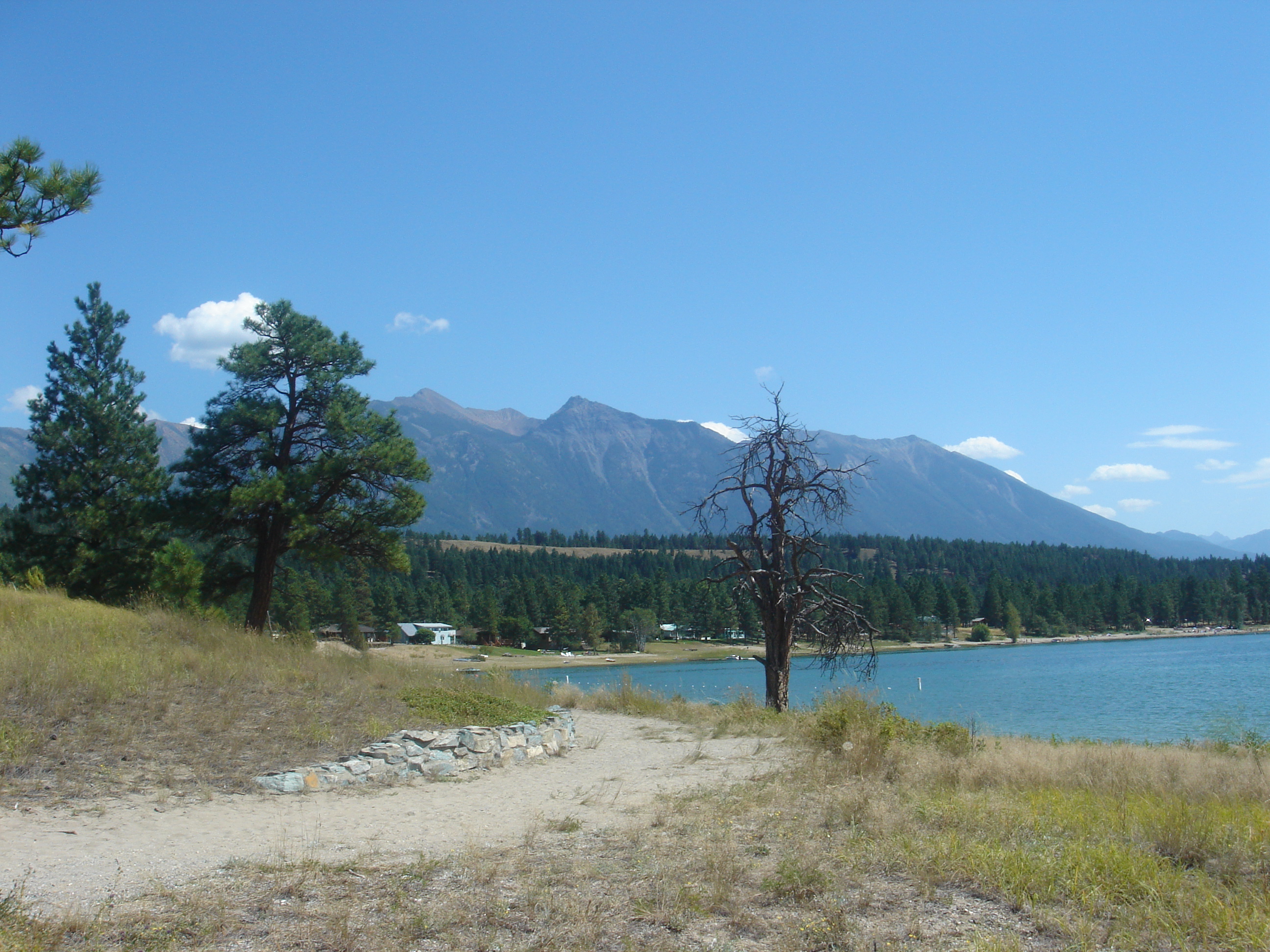My mom, Brenda, was a natural and multi-sport athlete at a time when it was uncommon for women to not only pursue, but to excel, in sports. She talked about the hikes and campouts she did as part of school groups - the adventure, scenery, and camaraderie of being on the trail in trying conditions with friends and classmates all sounded amazing and something I HAD to experience first hand.
I wasn’t as naturally sporty as her or my younger sister, yet I wanted some of that outdoorsiness too - to have a common-ness, a point of connection, a similar lived experience to her. We did the usual family camping trips when we were a younger family. I specifically remember her as the master of building fires in the early mornings and those fires serving as a place to gather, be warmed, and to socialize and cook over throughout the day.
Forestry is traditionally a male dominated field, and I now contemplate that perhaps I was also looking for strong male role models, specifically father and brother figures and substitutes. When I was 12, my father died from cirrhosis of the liver, a side effect of a life of addiction. My estranged brother enthuastically follows his self-destructive, substance-abusing footsteps in what we now know as an attempt to cope with sexual abuse from what was a trusted family friend.
I have lived more than two-thirds of my life without stable male figures present in my immediate family. A handful of uncles, and cousins lived geographically distant and, while they are great humans, we never cultivated that day-to-day intimacy of living closely.
Summers, and by extension my chosen seasonal forestry employment, are a longing. They are an attempt to reach back and connect with my father and brother. In his premature death, my father was unable to pass along the usual camping and bush skills. Oscillating between drunk and jail, my brother couldn’t, and still can’t, fill in either.
Instead, as an adult, I listen to tales of my girlfriends being taught to hunt, being told to always carry a lighter, how to paddle a canoe, observing the passage of seasons on the land. And I drink in these stories with equal parts memory and mourning for I am reliant on their stories for shaping them into the friend and fellow adventurer I now have in them. I depend on others to pass on those lived experiences to me. As if I can pretend I was there too. That I was taught those things. That I already knew. But I did not. Amongst their stories, I felt exposed, a father-less imposter literally out in the wilderness.
Forestry field work and bush camp were rich experiences that filled some of those knowledge and skill gaps from my youth. I learned to drive quads, build tarp saunas, cook over coals, change a tire in the POURING rain on the side of a bush road, shotgun a Lucky, start a pump, shoot guns, and differentiate between grizzly and black bear prints.
I stop a country mile short of saying I found myself in the woods. Rather, I let those huge, harsh, and unforgiving landscapes smooth the unpredictable edges of my grief and yearning. I welcomed the company of my coworkers, weirdos and those on the fringes of society, into the expanse of my inexperience and giddy eagerness.
Relationships that started as coworkers, easily morphed into trusted and lasting friendships. Maybe it’s the nature of the work - the long hours, multi-day, ahem week, shifts, or back-to-back deployments that seemingly never end, the shared misery and physical discomfort of living and working so proximate to the moody elements - combined with the geographic remoteness of the work that expedites and cements relationships.
It worked and continues to work on me. Coworkers past and present, that I’ve spent any amount of time in bush camp with, are some of my treasured and dearest friendships. Nearly everyone else was just so damn capable and confident and open and it’s yet another reason why I just can’t seem to leave this industry, this line of work for anything else. The sense of care that everyone made it back to camp was foreign to me. We genuinely looked out for one another and I relished that sense of personal security and group stability. Hours from cell service and urban settings, I found a community, an industry, and essentially an identity that allowed me to learn and hone the bush skills the supposed-to-be close males from my immediate family could not teach me.
My father died too young for me to have a fulfilling and genuine relationship with him or for me to absorb the usual father/daughter lessons. My brother is deep into unresolved trauma and a resulting addiction that leaves little room for meaningful connection.
Through my efforts to find a replacement for the roles I felt a father and brother should fill, I of course, came up short. But not empty. It turns out I wasn’t interested in replacing them or the unreliable childhood memories I hold. No, rather finding ways to honour the space and roles I feel my father and brother should fill. I do this by going into the woods.



